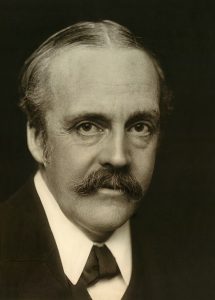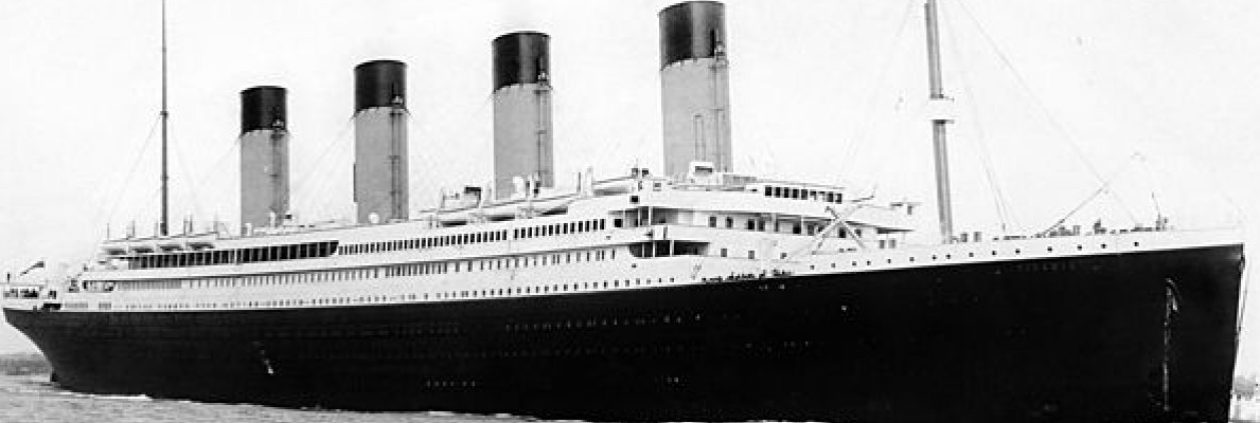
Photo: George Charles Beresford (1864–1938)
National Photo Gallery (UK), id number x8451
Public Domain US
A letter written by Foreign Secretary Arthur Balfour on 2 Nov 1917 to Baron Walter Rothschild expressing Britain’s support for a Jewish homeland in Palestine would lead to the Balfour Declaration and setting the stage for the eventual creation of the state of Israel. World War I was in a stalemate and disagreements between the allies over the course of the war were growing. Efforts to defeat Turkey had also failed thus far. Russia was a big issue as well with the Czar being toppled. The current leadership kept the war against Germany against growing opposition to it. The revelation of the Zimmerman Telegram in March 1917 finally prompted the United States to declare war on Germany but their troops were still very far off.
British Prime Minister David Lloyd George publicly supported Zionism (a movement to support the creation of a Jewish state). Lloyd George was supported by other leaders and hoped that such a formal declaration would gain support from Jewish supporters in neutral countries. And it was hoped gain support both in Russia and the United States. Lloyd George also knew that after the fall of the Ottoman Empire, the British would dominate Palestine and that was crucial to Britain. It was an important land bridge between India and Egypt, a post-war goal they wanted to control. So, establishing a Zionist state there under their protection would accomplish this goal.
It was not without opposition that held it up. Obviously, antisemites opposed it because they hated the Jews and had no desire to give them any state of their own. Some Jews opposed it as threatening the status of Jews in both Europe and the United States. There were also fears of violence against the Jews being encouraged by this declaration. However, the declaration did get the approval for France, Italy, the United States, and even the Vatican. The letter sent to Baron Rothschild stated:
His Majesty’s Government view with favor the establishment in Palestine of a national home for the Jewish people and will use their best endeavors to facilitate the achievement of this object, it being clearly understood that nothing shall be done which may prejudice the civil and religious rights of existing non-Jewish communities in Palestine, or the rights and political status enjoyed by Jews in any other country.
Aftermath
The Treaty of Versailles (1919) established a mandate system. Britain was temporarily given administration of Palestine and to work with both Jewish and Arab inhabitants in that area. Many Arabs there and elsewhere were not happy with the idea of a Jewish state and felt cheated by the British who had promised them their own nations. As the Jewish population increased, violence between Jews and Arabs increased. This led to instability and delays in establishing a Jewish state. In the aftermath of World War II and the horrors of the Holocaust revealed, international support for Zionism led to the declaration of the state of Israel in 1948. However, there are those that oppose the Balfour Declaration to this day and seek its recission.
Sources:
“Balfour Declaration.” HISTORY, 14 Dec. 2017, www.history.com/topics/middle-east/balfour-declaration.
“Text of the Balfour Declaration.” Copyright 2023, www.jewishvirtuallibrary.org/text-of-the-balfour-declaration.
Domnitch, Larry. “Reflections on the Balfour Declaration.” The Jewish Press – JewishPress.com, 2 Nov. 2021
www.jewishpress.com/indepth/opinions/reflections-on-the-balfour-declaration/2021/11/03.
Balfour Declaration Books on Amazon
